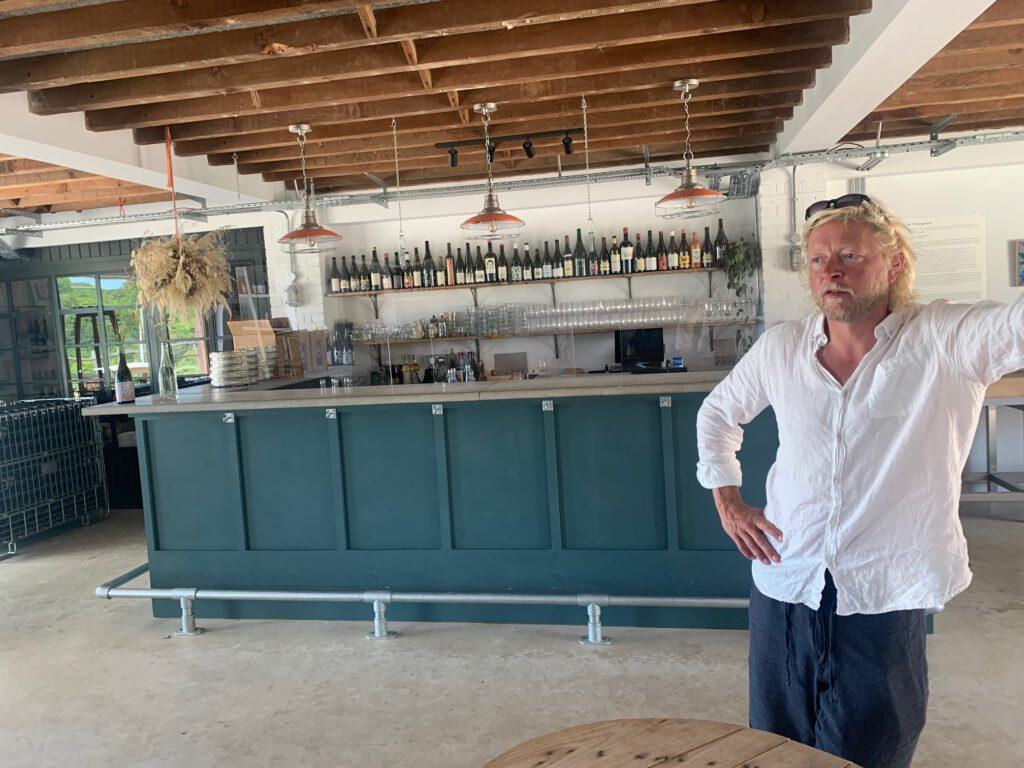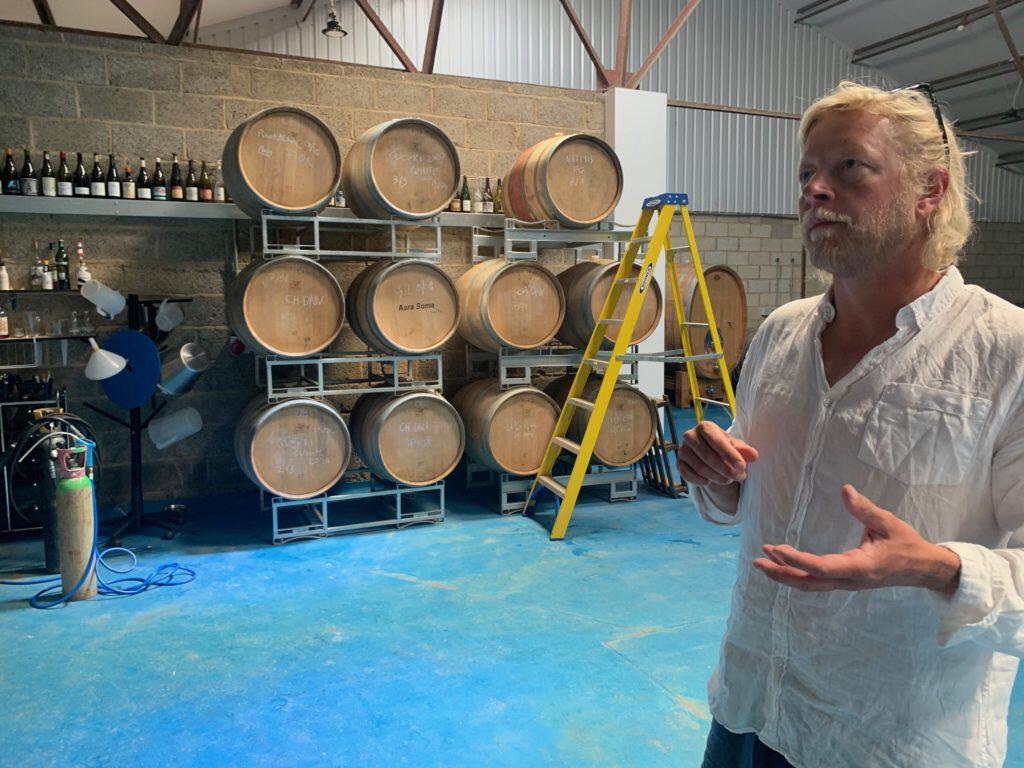Creating buzz through limited edition releases
Visiting the Tillingham Winery in the rolling countryside on the edge of the East Sussex town of Rye was not only a relief to be out of stuffy London on what was a gloriously hot day but it also gave some insights into what hospitality businesses might well need to embrace in the post-covid-19 world.
Founded in 2018 by Ben Walgate, former chief executive of Gusbourne, it is an organic operation producing natural wine using biodynamic practices with 25 acres of planted vines on 70 acres of woodland that includes a working farm. Clearly the focus is primarily on wine production and retail but Walgate is well aware you need to tell your story to today’s consumers in order to get full buy-in. He therefore runs very popular – and lucrative – wine tours and within some of the old disused farm buildings has been incorporated a tasting room, pizza barn with bar, farm-to-fork restaurant, 11 rooms of accommodation, and a couple of yurts.

This diversification not only helps to sell the Tillingham wine but has also generated a very welcome 75% of sales as the covid-19-driven staycation phenomenon has meant a deluge of people have been beating a path to the winery. This has ensured its 150 covers are being fully utilised and its accommodation is already fully booked until November.
Demand has taken Walgate aback and he now reckons non-wine production could well account for 60% of sales into the future – even when all the vines are producing fruit and the annual output moves up from the 35,000 bottles in 2020 to nearer the 70,000 he intends to hit within the next few years. What he does not predict is having any problems with selling these wines.
Like all winemakers he has a finite output from the grapes he produces, which puts a natural cap on bottle numbers, but he also has the added cute angle of being very experimental in the variety of wine he makes. Last year he created 24 different wines from a variety of grapes and experimental production methods. This will continue as he has more than 20 different varieties under cultivation on the Tillingham land with various vessels in which to age the wine.

The genius of the model he is creating is in having small runs of constantly changing wine. And which in the short-life of the winery have been very much in demand. The very first release in May 2018 of 600 bottles of a Pet Nat wine PN17 in a clear bottle with a crown cap and artist-created screen printed label was a big hit. Its quality and very distinctive look made it a sensation on social media and this has helped pave the way for subsequent wines. Each release thereafter has been pre-sold with retailers fighting for an allocation. A mere six to 12 bottles is deemed a result.
Its wines to date have been made with bought-in grapes but in July the first bottles with home-grown grapes will be released. Saw Pit, made with the Pinot Meunier grape, will be sold in squat 500ml bottles at a healthy £45 and such is the expected demand that Walgate is considering placing some bottles in a limited edition pack with his next two wines – Field Blend 1 and Field Blend 2 – to create some buzz in the market. His acknowledges that his rather interesting challenge is notching up the price points while handling the allocations.

With this model he has effectively created a business where the regular “drop” is eagerly anticipated by consumers. It has been perfected by companies such as Nike, Adidas and Supreme and followed by other newer in-demand players in fashion such as WYSE London, which have built businesses with a constant schedule of new releases of the latest limited edition products that are either (extremely easily) pre-sold or used to generate demand online and queues outside selected physical stores.
Within hospitality we’ve seen the likes of the Restaurant Kits start-up benefiting from this dynamic. It has been developing a pipeline of meal kit drops that comprise limited edition boxes from certain high-profile chefs that will help it retain the attention of subscribers to its regular meal kit service.
With the present shortages of employees and raw materials it might well be sensible for restaurants and bars to investigate how they might be able to join this world of exclusive, limited edition propositions that command higher price points. With a growing number of restaurants limiting their opening times the bog-standard booking for dinner might well be on the way to effectively becoming a limited edition affair with prices to match high customer demand and rarity value.
Glynn Davis, editor of Retail Insider
This piece was originally published on Propel Info where Glynn Davis writes a regular Friday opinion piece. Retail Insider would like to thank Propel for allowing the reproduction of this column.
